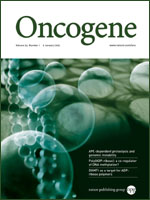 Here’s a rather odd case: When readers raised issues about some of the images in a 2008 cancer paper, the authors issued a correction last year. But when readers asked additional questions about the corrected images, the authors decided to retract the paper entirely, along with its correction.
Here’s a rather odd case: When readers raised issues about some of the images in a 2008 cancer paper, the authors issued a correction last year. But when readers asked additional questions about the corrected images, the authors decided to retract the paper entirely, along with its correction.
Both the original and corrected versions were questioned on PubPeer.
Here’s the retraction notice for the 2008 article “PRIMA-1MET induces mitochondrial apoptosis through activation of caspase-2,” published in Oncogene, which includes a link to the July 2016 correction: Continue reading Huh? Cancer paper gets retracted because of its correction
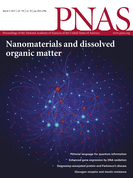
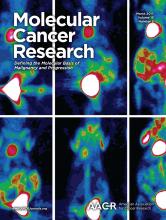 Pfizer has retracted a paper by a former employee who was fired after the company discovered she had been doctoring data.
Pfizer has retracted a paper by a former employee who was fired after the company discovered she had been doctoring data.
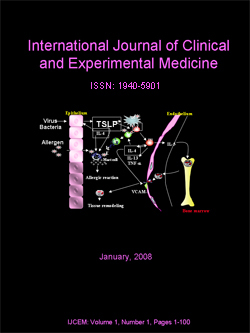 Sometimes we come across a real head-scratcher.
Sometimes we come across a real head-scratcher.
 Nearly five years ago, researchers suggested that the vast majority of preclinical cancer research
Nearly five years ago, researchers suggested that the vast majority of preclinical cancer research 
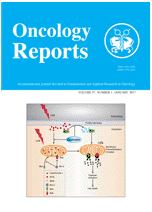 An oncology journal has decided to retract a 2012 paper on gastric cancer after discovering duplicated data in multiple figures.
An oncology journal has decided to retract a 2012 paper on gastric cancer after discovering duplicated data in multiple figures.